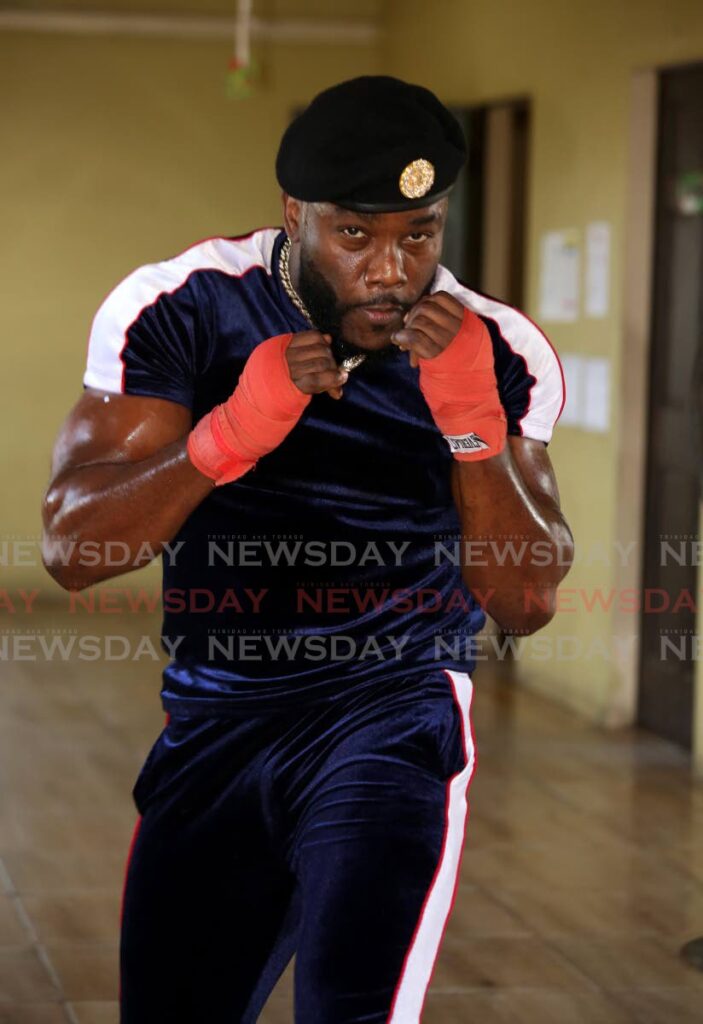Boxing is a grassroots sport

THE EDITOR: In recent weeks, public figures, comedians and ordinary citizens have taken part in amateur boxing matches, which have gone viral on many social media platforms. This leaves the question: Can this sport help with social issues in impoverished communities?
Most youths from low-income backgrounds and young people who may be involved in crime or gang activity struggle to engage in sports. Boxing is noteworthy for reaching people that other sports can’t. Residents in some communities, such as Sea Lots, believe a boxing club can do exceptional work in their disparaged community.
Boxing in the inner cities is homogeneous with the emergence of the steel pan. Traditionally in TT, young people in depressed communities have battled with frustrations about their livelihood. Anthropologist and cultural advocate Dr JD Elder articulated that "Steel pan arose out of a frustration to counter the social role denials that the urban youths of the 1930s were experiencing."
He described how the physical actions of making a steel pan were projections of anger and veiled hostility, which included beating, slapping, striking, cuffing, and burning (Elder 1972).
During the 1930s and 1940s, most panmen were in their twenties, poor, unemployed, uneducated and regarded as outcasts in society, and most preferred to live the lifestyle of a saga boy or a bad-john. However, these so-called idlers invented the only percussive instrument in the 20th century, suggesting that community boxing can manifest positive results.
On an Instagram post by ZessFM, I first saw the slogan "Guns Down, Gloves Up." The online beacon for the trending local zess music community is endorsing boxing as a sport-based intervention for urban communities. Enthusiasts for this cause include public figures, promoters and artists.
Marvin "Swappi" Davis, a groovy Soca Monarch and Sea Lots resident, believes that using boxing as a tool to teach discipline, anger management and teamwork will refine potential skills and develop conflict resolution among youths in his community.
Boxing coach Vicky Boodram spoke on behalf of the TT Amateur Boxing Association. She agreed that the Sea Lots boxing initiative was dangerous, although it is good for the sport to generate this type of interest. She said, "We have amateur boxers, but this is an opportunity to expand our cache of boxers at the developmental stage and introduce substantial programmes for qualification for international tournaments."
Boodram indicated that the association supports the establishment of gyms in communities like Sea Lots.
Standardising amateur boxing can create opportunities for athletes to compete for the privilege of representing their country in international tournaments. The TT Boxing Association’s (TTBA) rules and conditions follow the international amateur boxing guidelines, enabling amateur boxers to qualify and compete at the Olympics, Commonwealth Games and other regional and international amateur boxing events.
Finance Minister Colm Imbert allocated $404.6 million to the Ministry of Sports and Community Development. The ministry can evaluate and fund initiatives like this community boxing drive. One aim of the Community Development Division is to function intimately with registered community organisations and councils.
Projects such as community boxing can create social value through sports, youth, culture and economic attainment. The Government can refer to the actions of the first prime minister of TT, a renowned and brilliant scholar, Dr Eric Williams; he encouraged steelband sponsorship by corporations, resulting in the steel pan gaining respectability.
ADISA DOUGHLIN
via e-mail

Comments
"Boxing is a grassroots sport"